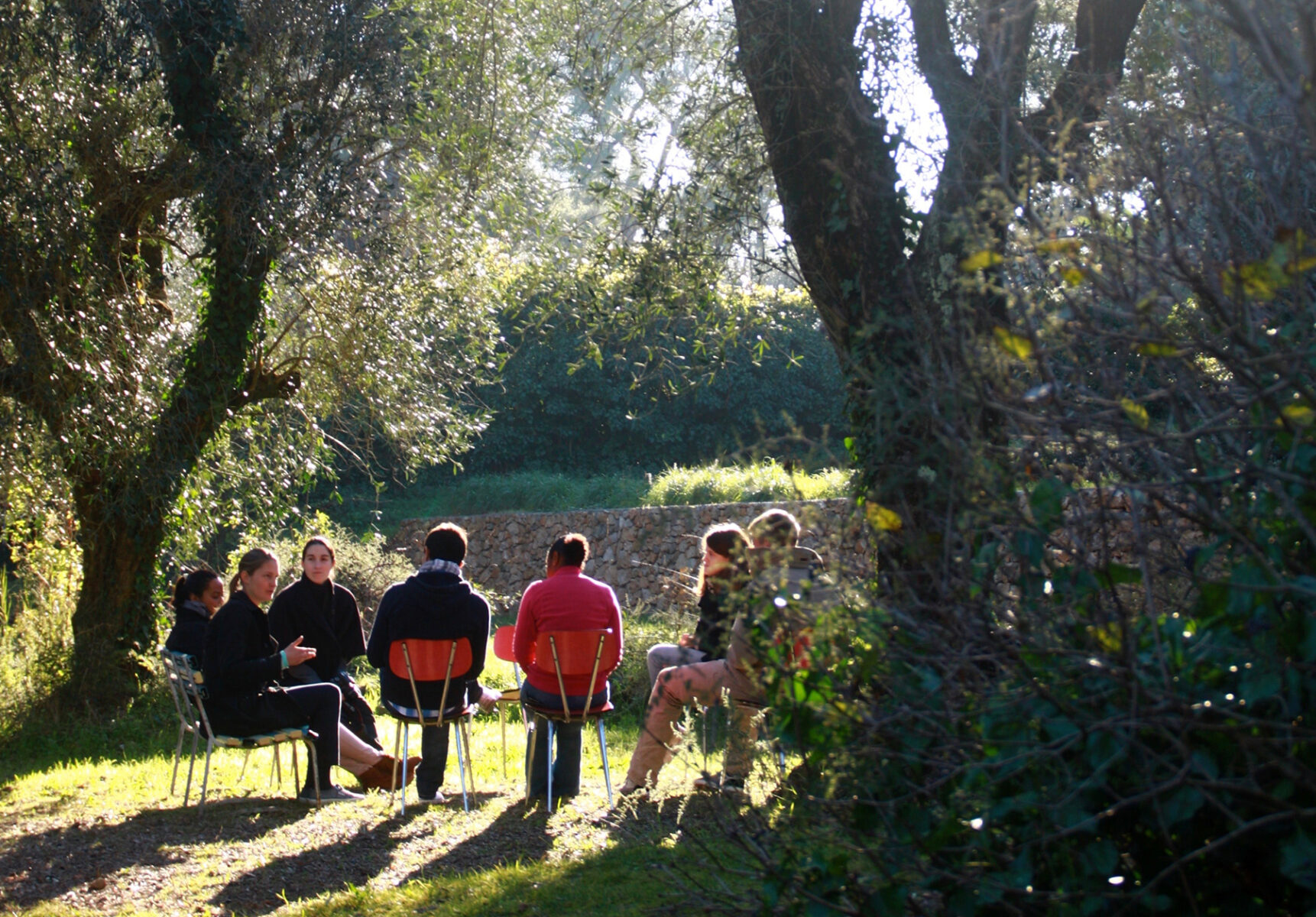Redemption and Justice
Dr. Scott W. Sunquist
All ages have their divisions and contentious issues. However, our present age seems to be especially divisive and contentious. Let’s be clear about our age: we are still dealing with sin and its evil fruits.
God’s intention from creation, his purpose given for us by the prophets and his redemption revealed in the life, teachings, and work of Jesus Christ, is for all things to find their unity in Jesus. The divisiveness we experience between men and women, between races and nationalities, and in politics are all at odds with the unity we strive for in Jesus Christ. Paul makes it clear: “As many of you were baptized into Christ have clothed yourselves with Christ. There is no longer Jew or Greek, there is no longer slave or free, there is no longer male and female; for all of you are one in Christ Jesus.” (Galatians 3:27-28) This is a remarkably beautiful passage which must become magnified today for the sake of our Christian witness. The world needs to see Christians living in such a countercultural way.
In the world today, we see differences accentuated and unity denigrated. In Jesus Christ we find profound and mysterious unity, not uniformity. Mysteriously we find people of different classes and ethnicities gathering together, praying together, listening to each other, and serving together. The evil one would spread suspicion and separation. Even our civil government, who implements this imperfectly, knows that segregation is not good for society. How much more is it evil for the Church?
Redemption in Jesus Christ breaks down walls of separation and unites us in the common life we share in Jesus, as Jesus’s Body in the world.
And this brings us to justice.
As the Church is together in a beloved community, we begin to share in the sufferings and therefore in the consolations. A church that is segregated, that refuses to be reconciled with those who are different, cannot know (actually, feel may be the right word), the pains, losses, and injustices of others. But when we are together, we bear one another’s burdens (and pains) and so fulfill the law of Christ. Thus, II Corinthians 1 and Galatians 6:2 come together.
The justice needed by our larger society must be seen in the church. I believe it is our high and holy calling to show the world what justice and unity look like. This will not happen without intentional, willful, humble decisions of relocation (John Perkins has been right all these years).[1] Relocation may mean actually moving your place of residence, it may mean moving where you find your “third place,” and it may mean changing where you sit in the cafeteria, or in what restaurants you eat.
A brief way this works: we have a diverse student body, administration, and faculty at Gordon-Conwell. And for this we are thankful to God, both because it is a reality, and because this diversity is valued by our community and our alumni. Recently, a non-Asian faculty member asked an Asian faculty member if she felt safe during this season of random acts of violence against Asians. She responded she felt fine, but her elderly mother was afraid to go out of the house. That means for us that there are some of our family members in Christ who are feeling unsafe. We only know that if we have Asians and Asian Americans in our family. Therefore, we act as one family to resist this violence and to stand with our Asian American brothers and sisters.
The same is true of the attention to the recent trial and verdict in the Derek Chauvin trial. Unity in Christ means that the sufferings of black church members are felt and borne by all of us. We understand their frustration and (brief) relief. And then we support one another in ongoing struggles for others in the future. Black, white, Asians and others in our churches unite in caring for refugees, battered women, and orphaned children. This is just a glimpse of the joyous justice of the Church in society.
Redemption in Christ means something that is both very personal (I am forgiven my sins and released from the results of sin), and something very social (we are unified in Jesus Christ, and thus we are a signpost to the world).
Today there is a great opportunity for the Church to be a signpost to a hurting, divisive, anxious, and hopeless world. When the world asks, “Is there any hope? Where is God?” we should be able to point to the Church, and to local churches and say, “Yes, there is a God, and he is alive today in the Church.”
[1] From Let Justice Roll Down originally published in 1976.
 Scott W. Sunquist, the President of Gordon-Conwell Theological Seminary, writes a weekly blog, “Attentiveness” which is posted on the Gordon-Conwell web site. He welcomes comments, responses, and good ideas.
Scott W. Sunquist, the President of Gordon-Conwell Theological Seminary, writes a weekly blog, “Attentiveness” which is posted on the Gordon-Conwell web site. He welcomes comments, responses, and good ideas.
